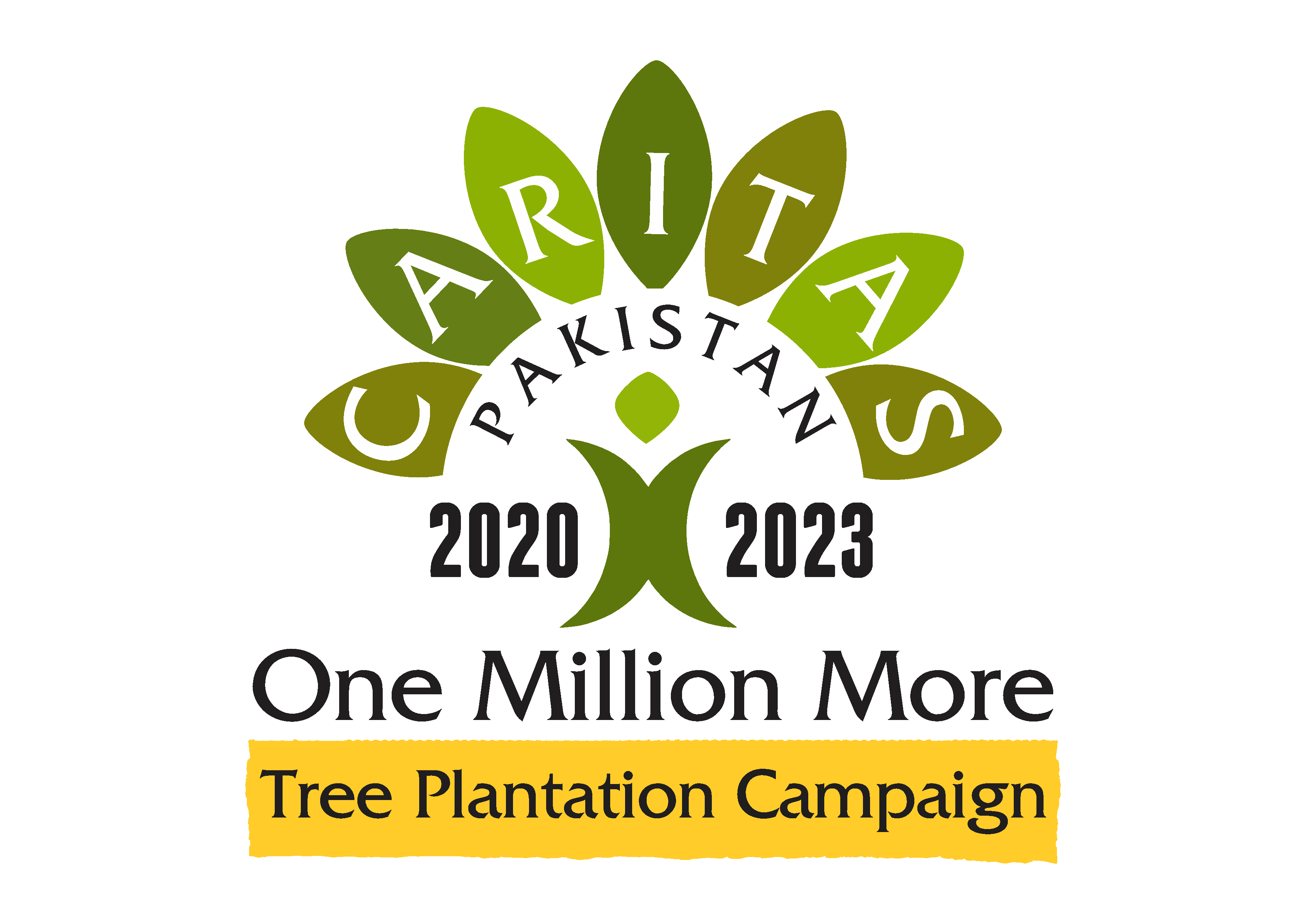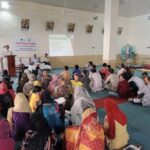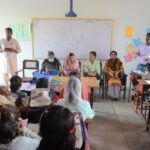No products in the cart.
About Caritas Pakistan
Caritas Pakistan is an expression of the concern of the Catholics of Pakistan for justice, peace and development. It operates on the mandate of the Bishop’s Conference of Pakistan, which is its Board of Governors. Caritas Pakistan is independent of all political parties or groups. It draws its inspiration from Jesus Christ’s command to love God and to love our neighbor, and is rooted in the social doctrine of the Catholic Church.
Caritas Pakistan is a member of the CARITAS INTERNATIONALIS, an international confederation of Catholic organizations, mandated by their respective Episcopal conference to spread solidarity, social justice and integral human development.
Its vision is to create a civilization of love, a world:
» Where the Gospel values of justice, peace, love, truth, equality and solidarity prevails.
» Where the dignity of the human person, made in the image of God, is paramount.
» Where all people, especially the poorest, the marginalized and the oppressed, find hope and are empowered to reach to the fullness of their humanity.
» Where all creation is cherished and protected for the common good of future generations.
Through the actions of Caritas Pakistan and its diocesan units throughout the country, the Catholic Church commits itself to uplift the needy and the marginalized, to create awareness for their self improvement, and to reach out with help in times of disaster and emergencies.
The Constitution of Caritas Pakistan defines the working of the organization. It is administered by a Board of Governors and an Executive Board comprised of members, both lay and clergy with strong professional experience and academic backgrounds. Caritas Pakistan maintains strict standards of quality, efficiency and accountability.
Caritas Pakistan draws its financial, material and moral support primarily from the members of the international Caritas Confederation with its headquarters in Rome. In 1998 a smaller group of the Caritas Network, called the Pakistan Working Group, was formed for closer support and collaboration with Caritas Pakistan. It also reaches out for support to individuals of all faiths and to the Government and local community organizations in programs consistent with its objectives and practices.
Understanding that justice requires that the right to life be respected and that basic human needs be met, Caritas Pakistan programs offer thousands of people hope and compassion. A frequent focus for Caritas programs in both emergency and non-emergency situations is promoting tolerance and understanding within society often through joint efforts with other faith-based organizations.
Having Disaster Management, Disaster Risk Reduction (DRR) Livelihood, Health & WASH as priority areas, besides these Caritas Pakistan also works on Food Security, Capacity Building. Caritas Pakistan operates throughout the country serving the poor, children, women and men of all races and religions. All the development programs are implemented through an animation methodology, which is the principle approach of Caritas Pakistan. Mandated Caritas responds to all calamities and disaster situations in Pakistan.
What makes Caritas unique is its ongoing presence in communities, before, during and after crisis situations. Important, too, is that being part of civil society and incorporating the perspective of the poor, Caritas can continuously adapt its strategies to an ever changing environment. Caritas fights poverty, exclusion, intolerance and discrimination. More importantly, it empowers people to participate fully in all matters affecting their lives, and it advocates on their behalf at national and international forums.
Caritas promotes partnership and local autonomy is paramount in ensuring effective teamwork for the good of all. By pooling expertise and resources, Caritas is able to identify issues at the grassroots, analyze them at national and international levels, and then take action locally, regionally and globally.




